Science and technology in Pakistan
Science and technology is a growing field in Pakistan and has played an important role in the country's development since its founding. Pakistan has a large pool of scientists, engineers, doctors, and technicians assuming an active role in science and technology. Liaquat Ali Khan the first Prime Minister of Pakistan (in office 15 August 1947 – 16 October 1951), made various reforms to initiate improvement in higher education and scientific research. The real growth in science in Pakistan occurred after the establishment of the Higher education Commission in 2002 which supported science in a big way and also became the major sponsor of the Pakistan Academy of Sciences under the leadership of Prof. Atta-ur-Rahman.[1] The first IT policy and implementation strategy was approved under the leadership of Prof. Atta-ur-Rahman, then Federal Minister of Science & technology, in August 2000 which laid the foundations of the development of this sector[2] On the request of Prof. Atta-ur-Rahman, Intel initiated a nationwide programme to train school teachers in Information and Communication technologies in March 2002 which has led to the training of 220,000 school teachers in 70 districts and cities across Pakistan.[3] A 15-year tax holiday was approved on the recommendation of Prof. Atta-ur-Rahman which has resulted in growth of IT business from $30 million in 2001 to over $3 billion.[4][5] The Pakistan Austria University of Applied Engineering (Fachhochschule) is now being established in Haripur Hazara under the Chairmanship of Prof. Atta-ur-Rahman in which students will get degrees from several Austrian universities[6]
Chemistry remains the strongest subject in the country with the International Center for Chemical and Biological Sciences playing the lead role with the largest postgraduate research program in the country having about 600 students enrolled for PhD.[7][8]Physics (theoretical, nuclear, particle, laser, and quantum physics), material science, metallurgy (engineering), biology, and mathematics, are some of the other fields in which Pakistani scientists have contributed. From the 1960s and onwards, the Pakistani government made the development and advancement of science a national priority and showered top scientists with honours. While the government has made efforts to make science a part of national development, there have been criticisms of federal policies, such as the government's dissolution of the Higher Education Commission of Pakistan (HEC)— an administrative body that supervised research in science – in 2011. This attempted dissolution failed to materialise because of a Supreme Court of Pakistan decision on a petition filed by Prof. Atta-ur-Rahman, former Federal Minister of Science & technology and former founding Chairman of the Higher Education Commission.[9] Pakistani scientists have also won acclaim in mathematics and in several branches of physical science, notably theoretical and nuclear physics, chemistry, and astronomy. Professor Abdus Salam, a theoretical physicist won the Nobel Prize in Physics in 1979, being the first and only Pakistani to date to have received the honor. Prof. Atta-ur-Rahman an organic chemist was elected as Fellow of Royal Society (London) in 2006 in recognition of his contributions in the field of natural products thereby becoming the first scientist from the Islamic world to receive this honour for work carried out within an Islamic country.[10] The contributions of Prof. Atta-ur-Rahman to uplift science and higher education in Pakistan were internationally acknowledged and a tribute paid to him in the world's leading science journal Nature that termed him as "a force of nature".[11] In an analysis of scientific research productivity of Pakistan, in comparison to Brazil, Russia, India and China, Thomson Reuters has applauded the developments that have taken place as a result of the reforms introduced by Prof. Atta-ur-Rahman FRS, since Pakistan has emerged as the country with the highest increase in the percentage of highly cited papers in comparison to the "BRIC" countries.[12]
Technology is most highly developed in nuclear physics and explosives engineering, where the arms race with India convinced policy makers to set aside sufficient resources for research. Due to a programme directed by Munir Ahmad Khan and the Pakistan Atomic Energy Commission (PAEC), Pakistan is the seventh nation to have developed an atomic bomb, which the global intelligence community believes it had done by 1983 (see Kirana-I), nine years after India (see Pokhran-I). Pakistan first publicly tested its devices (see Chagai-I and Chagai-II) on 28 and 30 May 1998, two weeks after India carried out its own tests (See Pokhran-II).[13]
Space exploration was hastily developed, in 1990 Pakistan launched Badr-1 followed by Badr-II in 2001. Since the 1980s, the space programme dedicated itself to military technologies (Space weapons programme and Integrated missile systems), and maintains a strong programme developed for military applications.
Pakistan is an associate member of CERN, one of the few countries to obtain that status.[
1. Pakistan has more than 2500 registered IT organizations in the country with more than 20,000 kick-ass computer science majors entering the market every year.


5. Pakistan has more than 25 tech incubators, accelerators, and co-working spaces in total.



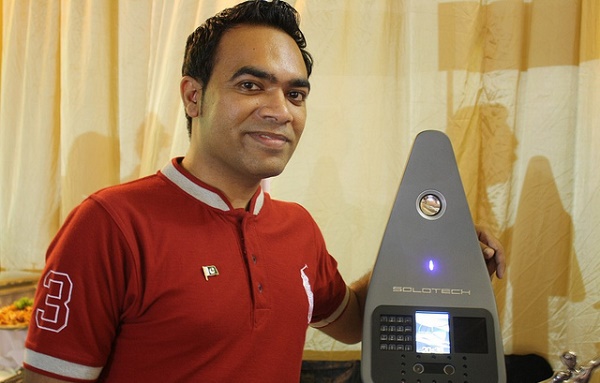
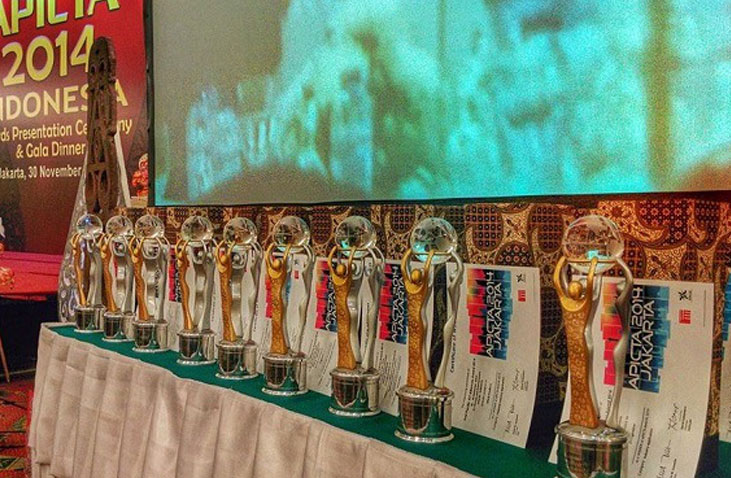


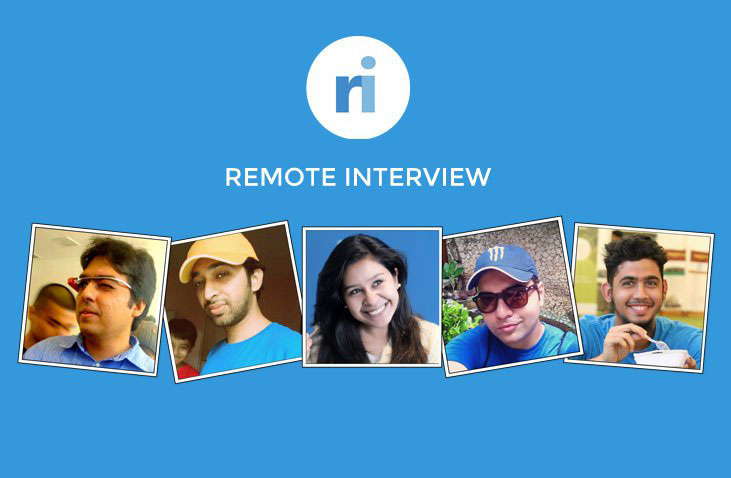


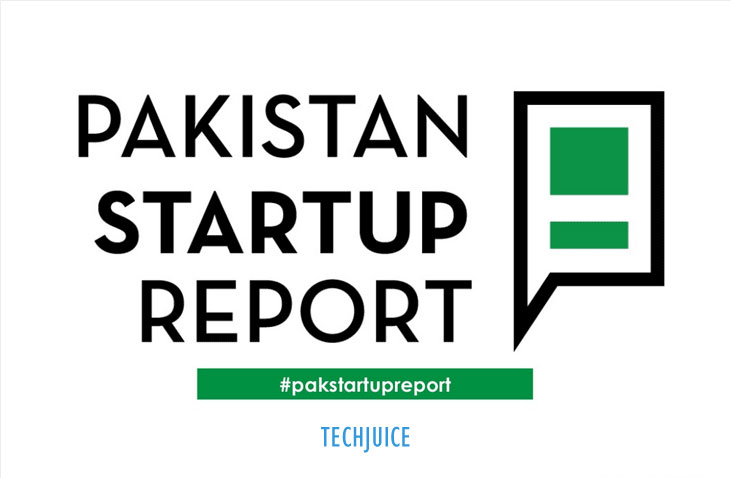
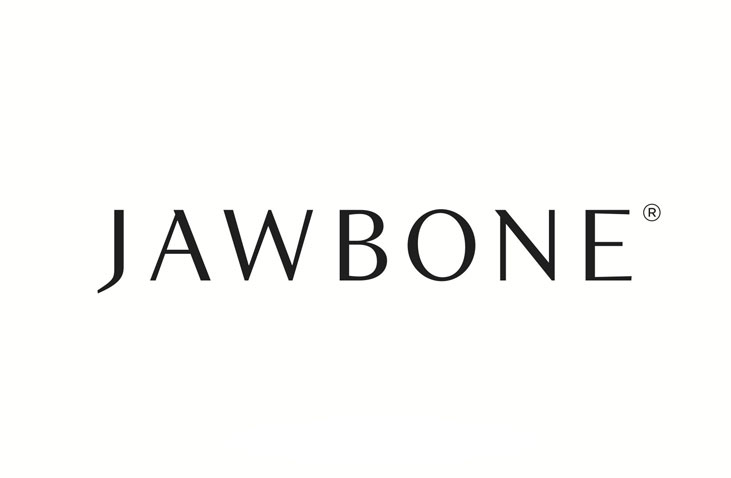
20 reasons why Pakistan’s Technology Industry is much more than a fake degree scam
Amidst all the chaos nowadays, let’s forget everything for a moment and tell the world that Pakistan’s IT industry is flourishing and a great deal of impressive work is going on in our country. Let’s take a look at some facts and achievements of the Pakistan’s technology industry in the recent years.
1. Pakistan has more than 2500 registered IT organizations in the country with more than 20,000 kick-ass computer science majors entering the market every year.
2. Pakistan’s share of global IT sales is $2.8 billion, out of which $1.6 billion accounts for the country’s exports of software and IT-enabled services.

3. One of the world’s best payment processing solutions providers i2c resides right here in Pakistan. Convo, the hot favorite social network for work, is based out of Pakistan. Eyedeus Labs, previously featured at CNN, are working on a groundbreaking video based technology to disrupt the way we interact with ads.
4. FireEye.Inc, a network security company owned by a Pakistani Ashar Aziz, is valued at 6.5 Billion US Dollars.

5. Pakistan has more than 25 tech incubators, accelerators, and co-working spaces in total.
6. We have strong-headed individuals like Umar Saif, Kalsoom Lakhani, Khurram Zafar, Jehan Ara, Maryam Mohiuddin, Faisal Khan and many more, who are changing the Entrepreneurship landscape in the country and beyond. Plus, you should read this.

7. Systems Limited and NetSol, the premier software houses in Pakistan are adding a tremendous value for economic growth of the country and they have offices around the globe.

8. Civic Hackathons, Startups Weekends, Startup Expos, Digital Youth Summits like events are producing the next generation of entrepreneurs and startups in Pakistan.
9. In Rafay Baloch we have one of the best security researcher in Pakistan.

10. Farhan Masood, the founder of million dollar startup SoloInsight wasn’t born with a silver spoon, he worked hard all his life to live his dream and make Pakistan proud. He was also named at Entrepreneur of the Year at last year’s eCon.

11. Numerous Pakistani startups and entrepreneurs have proved their mettle over and over again internationally. The latest addition to the achievements gained by such individuals and companies were honored at the recently-held APICTA 2014 event in Jakarta, where Pakistani startups competing for different categories won 2 Gold and 3 Silver awards.

12. We have some great gaming studios in Pakistan, the title animation sequence of Game of Thrones, the world’s most-watched TV series these days, has been produced by Hameed Shaukat, a US-born Pakistani, Cricket Companion app which received world-wide recognition was also developed by Tricast Media.

13. Pakistani Visual Effects Artist, Mir Zafar Ali has received three Oscar awards for his work in The Golden Compass, Life of Pi and Frozen. Plus, Namira Salim was the first Pakistani woman to travel to space on the world’s first commercial space flight, Virgin Galactic. Novaira Masood, the software engineer, has provided stunning visual effects in some of the most popular Hollywood movies, Maleficient, A Christmas Carol, Mars needs Moms, Thor, Transformers 3 and Jack the Giant Slayer.

14. Remote Interview, a young Pakistani Startup, which helps in remotely interviewing the tech talent, has achieved 120% growth in the client base with 50% of total corporate clients are based in the United States.

15. Pakistan has the 3rd biggest army of Freelancers on freelancers.com and 5th biggest on UpWork.com, and 4th ranking overall and you should read this.

16. We have the youngest Microsoft Certified Professional and the one of the Youngest Innovator of the world. You would definitely want to read this.

17. This recent startup report tells us that Pakistan is one of the hottest regions for startups right now.

18. A company based in Karachi makes apps for the National Aeronautics and Space Administration (that’s NASA, mind you), for the space giant’s mobile platform.
19. JawBone, Hosain Rahman who has roots in Pakistan, owns this Silicon Valley startup, which has been creating consumer technology and wearable devices for the past 16 years, was valued at $3 billion last year. Another Pakistani owned Silicon Valley startup, Swaggable will value at $20 million this November.

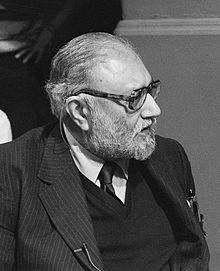

Comments
Post a Comment